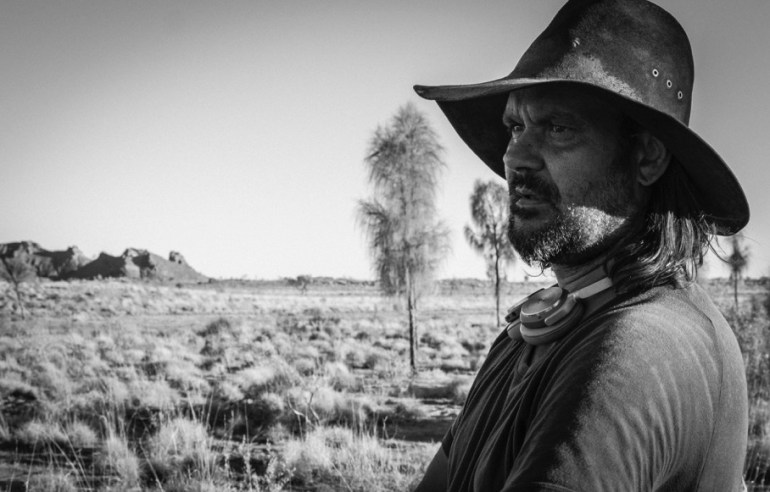Warwick Thornton.
Screen Australia CEO Graeme Mason has two blunt messages for feature film producers. One is: Recognise that most independent films, Australian and international, now are earning roughly half as much at Australian cinemas as they did only a few years ago.
The other: Keep up-to-date with the rapidly shifting dynamics in the global theatrical market or get left behind.
“I bash my head against the wall with the lack of attention many people are paying to the changes in the sector,” he tells IF. “It is wilful to not look at it.
“Filmmakers have to keep cognisant with what is happening in the sector. It is their responsibility to be thinking about how the world they work in has changed, both as business people and as people who are trying to make things for an audience.
“At a certain point this conversation will become real to many of them as their models collapse.”
Illustrating the shrinking market for indie releases of all stripes, Mason says many titles which which typically used to gross $3 million can now expect to make $1.5 million.
“That is the new normal,” he says. “If you are making at art house film and think you will make $5 million, how many films do $5 million anymore? Films are either doing $10 million or $20 million or they are doing $1 million or $1.5 million.
Mason contends the contraction of the art house market has virtually halved the potential grosses of films such as the best picture Oscar winner The Shape of Water (which has made $4 million), the 2017 winner Moonlight ($2.5 million) and nominees Manchester by the Sea ($3.1 million) and Fences ($1.2 million).
“If those hugely-talked about films are doing half, why for one second would Australian filmmakers think their films are different?” he asks.
In that context, he rates Sweet Country’s gross of $1.76 million after its seventh weekend as an excellent result for director Warwick Thornton, producers David Jowsey and Greer Simpkin and Transmission Films.
“That is a massive success,” he contends. “It isn’t that Australian films are under-performing. They are performing exactly in line with how all films of that type are performing.”
Films that play on fewer than 200 screens now compete for a share of around 14 per cent of the BO, down from 33 per cent 10 years ago.
Last year only six local films grossed more $1 million and five surpassed $2 million. So far this year Stephan Elliott’s Swinging Safari has made $1.59 million, the Spierig brothers’ supernatural thriller Winchester has collected $828,000 and Stephen Amis’ comedy The BBQ has cooked up $602,000 .
The implications surely are worrying for those who finance, produce and distribute Australian films. If little or no money flows back to the producer from theatrical and the back-end has shrivelled with the decline of the DVD business, isn’t the entire model broken? That’s compounded by the fact that Foxtel is paying licence fees of $100,000- $150,000 or more with escalators tied to BO results, while the free-to-air networks are seldom buying Aussie movies. Typically producers split the ancillary revenues 50/50 with distributors.
Mason responds by reminding filmmakers they need to answer some fundamental questions: Who do you think will see your film and why? And should it be for the cinema?
I would add: Surely it’s incumbent on all producers to clearly state in their business plans the target audience and how to attract that audience?
Apparently not, as Mason observes that too often the pitch documents which go to Screen Australia claim that films are aimed at all audiences.
“We will happily still help people make films for cultural and creative reasons but they have to know why they are making it. Just for them, or because they want to, is not the right answer,” he says.
“If you think your film will make $4 million to $8 million at the box office and with the knock-on ancillaries, it is almost impossible for that to happen because that model doesn’t stick anymore.
“You can knock it out of the park, as we saw with Lion, Last Cab to Darwin and Paper Planes, but it’s rarer. The audience for cinema has changed fundamentally.
“We need to be working with the sector to very clearly help them identify where they and their projects sit. Maybe sometimes we can be too polite. We don’t necessarily tell people the honest, brutal truth enough.
“There is a massive problem that people are almost deliberately not looking or keeping themselves informed. Now in any other business you would be out of business.”
“This is now more than ever a global industry. One of the things we’re talking to SPA about is how can we help them work towards their same goals of exporting in terms of revenues and eyeballs the best we can. And from that how can we encourage greater investment outside of government and traditional sources into projects.”



